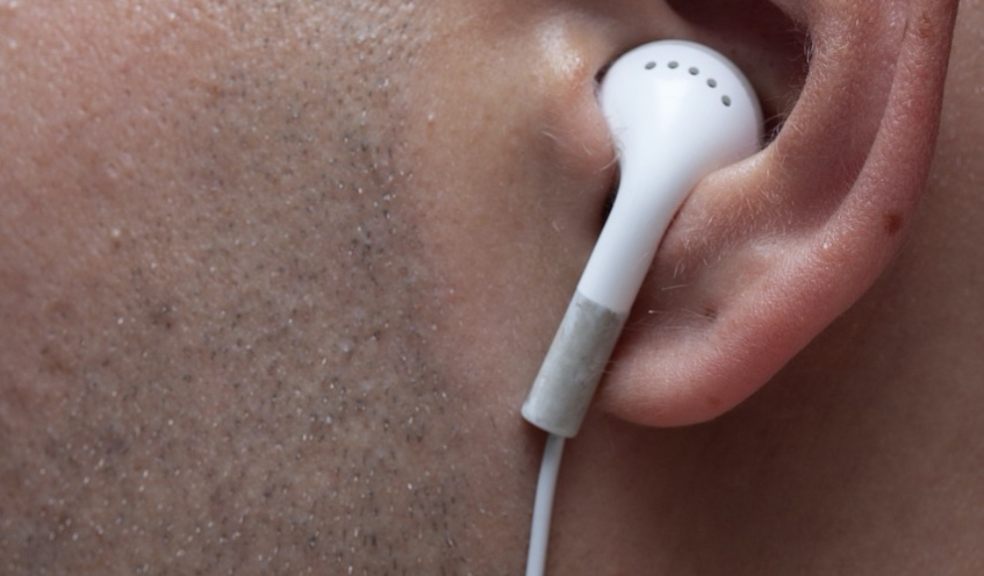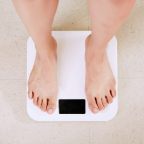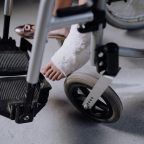
Everyday things that could be damaging your hearing
Hearing loss is a gradual process, often the result of exposure to everyday activities and items that we might not suspect as harmful. This article delves into common culprits behind hearing damage, providing insights into how seemingly innocuous daily activities and environments could be affecting our auditory health. Awareness and preventive measures can help protect our hearing, ensuring that we maintain one of our most vital senses.
1. Prolonged Use of Headphones at High Volumes
With the ubiquity of smartphones and portable music players, headphones have become a staple for many. However, listening to music at high volumes over long periods can significantly harm your hearing. The World Health Organisation warns that listening to loud music through headphones is a major risk for hearing loss. To mitigate this risk, it is recommended to follow the 60/60 rule: listen to music at no more than 60% of the maximum volume for no longer than 60 minutes at a time.
2. Exposure to Noisy Environments
Everyday environments like busy city streets, construction sites, or even loud restaurants can reach decibel levels harmful over time. Prolonged exposure to sounds above 85 dB can cause hearing damage. Using hearing protection like earplugs in these environments can help safeguard your hearing.
3. Using Cotton Swabs to Clean Ears
Many people use cotton swabs to clean their ears, but this practice can push earwax deeper into the ear canal, leading to blockages or even perforate the eardrum. Instead, cleaning the outer ear with a damp towel and seeking a healthcare provider's advice for internal ear cleaning is safer.
4. Medications with Ototoxic Effects
Certain medications, including some antibiotics, cancer therapies, and NSAIDs, can have ototoxic effects, meaning they can damage the inner ear and lead to hearing loss. Always discuss potential side effects with your healthcare provider and explore alternatives if you're concerned about your hearing health.
5. DIY Projects and Power Tools
Engaging in DIY projects or using power tools without proper hearing protection can expose you to harmful noise levels. Equipment like chainsaws, lawnmowers, and drills often operate above safe hearing thresholds. Wearing earmuffs or earplugs during such activities can prevent noise-induced hearing loss.
6. Attending Live Events
Concerts, sports events, and other live performances can reach decibel levels well above the safe limit for hearing. While occasional exposure might not cause immediate harm, frequent attendance without hearing protection can lead to long-term damage. High-fidelity earplugs designed for musicians and concert-goers can protect your ears while allowing you to enjoy the sound clearly.
7. Poor Diet and Lack of Exercise
Emerging research suggests that a poor diet and lack of exercise might indirectly affect hearing health by contributing to conditions like hypertension and diabetes, which are linked to hearing loss. Maintaining a healthy lifestyle can support overall health, including hearing.
Prevention and Protection
Protecting your hearing involves awareness and proactive measures. Simple actions like lowering the volume, wearing ear protection, taking breaks in quiet environments, and maintaining a healthy lifestyle can make a significant difference. Annual hearing screenings can also help detect any changes in your hearing, allowing for early intervention.
In conclusion, everyday activities and environments pose risks to our hearing health, often in ways we might not expect. By being aware of these risks and taking preventive measures, we can protect our hearing, ensuring that we maintain this crucial sense for as long as possible.













